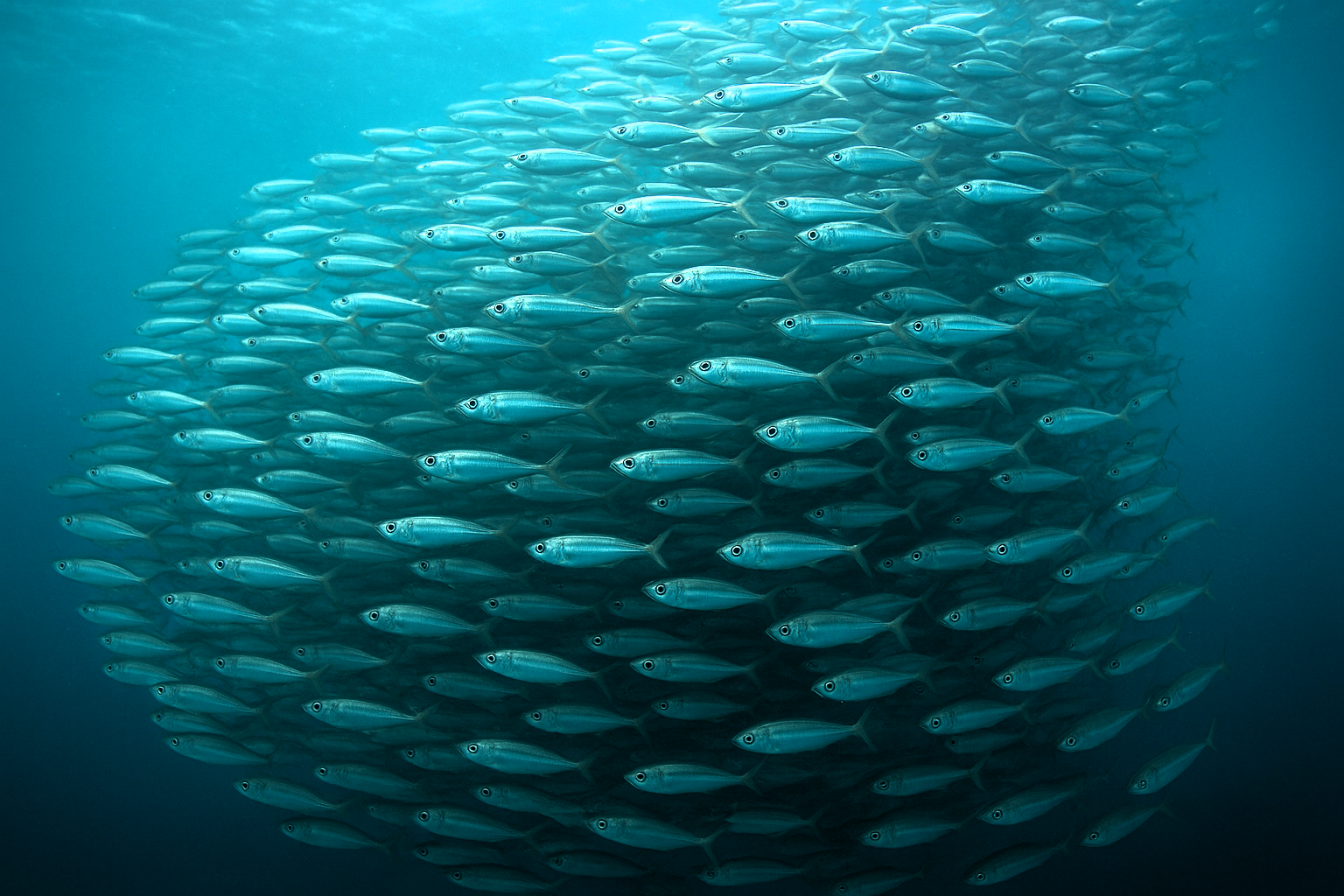
Sardines are one of the most nutritious fish in the world!
In this article, we look at the nutritional value of sardine fish and its eight benefits for human health. In our country, sardines are not yet as popular as other seafood, but they are one of the most nutritious foods on the planet, and we will share this with you in more detail in this article.
What Are Sardines?
Sardines are small, nutritious fish that belong to the herring family. Like other members of the herring family, sardines are fatty fish that are rich in omega-3 fatty acids and many other beneficial substances. Unlike salmon, cod, mackerel and other fish, people eat sardines with bones and skin. They can be both fresh (e.g. in southern European countries) and canned, where they are usually preserved in natural olive oil or other sauces.
The name "sardine" is believed to have originated from the island of Sardinia, Italy, with historical records of the fish being caught there dating back as far as the 15th century.
Nutritional profile
Sardines are one of the most nutritious fish on the planet! In the figures below, you will find the average nutritional value of sardines per 100 grams of fish:
Nutrients | % RDA
- Calories | 208 kcal
- Carbohydrates | 0 g
- Fat | 11.5 g
- Protein | 24.6 g
Vitamins | % RDA
- Vitamin B12 149%
- Vitamin D | 68%
- Vitamin B3 | 26%
- Vitamin B2 | 13%
- Vitamin E | 10%
- Vitamin B6 | 8%
- Vitamin B5 | 6%
- Vitamin B1 | 5%
- Folate | 3%
- Vitamin K | 3%
- Vitamin A | 2%
- Vitamin C | 0%
Minerals | % RDA
- Selenium | 75%
- Phosphorus | 49%
- Calcium | 38%
- Sodium | 21%
- Iron | 16%
- Potassium | 11%
- Magnesium | 10%
- Copper | 9%
- Zinc | 9%
- Manganese | 5%
As these nutrition facts show, sardines are rich in protein, healthy fats, and virtually every essential vitamin and mineral. Sardines are especially rich in vitamins B12, B3, D, selenium, phosphorus and iron.
Health benefits of sardines
- Biologically active source of calcium
Calcium is an essential mineral important for healthy bones and teeth. Depending on the nutritional system, some people may be more prone to deficiency of this mineral. For example, vegans or people following a strict paleo (dairy-free) diet.
Since many of us eat sardines with all their small bones, it replenishes our body with natural calcium reserves; 100 grams of such fish provides the body with approximately 38% of the RDA of calcium.
It is worth noting that not all calcium sources are created equal. For example, many plant sources of calcium (eg spinach, sunflower oil) contain a compound called oxalic acid (oxalate). Unfortunately, oxalates bind calcium in the body, so the higher the portion of food containing oxalates, the more difficult it is to absorb calcium.
Sardines do not contain oxalic acid at all, so they are one of the most biologically active sources of calcium.
The essence of the first benefit : sardines provide a significant amount of easily and naturally absorbed calcium.
- A rich source of natural Omega-3 fatty acids
One of the best health benefits of sardines is due to its natural omega-3. Sardines provide a good amount of the omega-3 fatty acids EPA (eicosapentaenoic acid) and DHA (docosahexaenoic acid). In a 100 gram serving, sardines contain 1480 mg of omega-3, which is a significant amount in the human diet.
Why Are Omega-3s Important?
Omega-3 fatty acids have anti-inflammatory effects in the body, and studies show that they help prevent a variety of chronic diseases.
We constantly supplement our bodies with Omega-6 fatty acids, which are essential for the body, in significant amounts, but maintaining a balance (4:1) between Omega-6 and Omega-3 fatty acids is critically important. Modern dietary habits skew the balance between omega-6 and 3, often exceeding a 15:1 ratio in favor of omega-6. As a result, we must constantly supplement the body with Omega-3 fatty acids, otherwise it will promote unnecessary inflammatory processes. We will tell you more about this in the next article.
Chronic inflammation is associated with the risk of many critical diseases, from dementia to cancer to cardiovascular disease.
Eating fatty fish, such as sardines, increases our body's omega-3 reserves, but we should remember that due to modern eating habits, we should also keep in mind and somewhat avoid Omega-6, which comes mainly from vegetable oil.
The essence of the second benefit: Sardines have a high concentration of omega-3 fatty acids, which should maintain the necessary balance in the ratio of omega-6 when consumed regularly.
- Excellent source of Vitamin D
The single best source of vitamin D is sunlight, but in our climate we don't always have constant and sufficient access to it, so alternative sources of vitamin D are important during the long, dark winters.
Among food sources of vitamin D, sardines are among the best, and a 100-gram serving provides 68% of the RDA.
The importance of the Sun Vitamin
Although we call it Vitamin D, it is more of a hormone than a true vitamin and is critically important to our health. The "sunshine vitamin" plays an important role in the immune and bone systems. This fact becomes critical as we age because it can help prevent conditions like osteoporosis and cognitive decline.
In fact, vitamin D deficiency is linked to the risk of almost every chronic disease. Therefore, it is logical that deficiency accounts for a greater proportion of all-cause mortality risk.
Much of the world is deficient in natural vitamin D. An estimated 1 billion people have insufficient levels of vitamin D in their blood.
The essence of the third benefit: sardines are extremely enriched with natural vitamin D.
- Sardines are high in protein
There are many reasons why adequate protein intake is important. First, protein is essential for hormone synthesis and cell and muscle growth and regeneration. In addition, diets with adequate protein intake are associated with better body composition and increased satiety, which positively affects overall health.
If we want to increase our protein intake, sardines are a great way to do it. One hundred grams of sardines contain about 25 grams of protein, so they can also be a great protein-rich snack between other meals.
The essence of the fourth benefit: sardines are a natural source of protein. Protein in each fish makes up about 25% of its weight.
- Sardines are high in selenium
Selenium is a mineral that plays an important role in many critical biological processes. Among them, the mineral plays an antioxidant role in the body. Selenium also plays an important role in DNA regeneration and supports the functioning of the endocrine and immune systems.
Adequate selenium intake is essential for optimal thyroid health. The thyroid contains the highest concentration of selenium in the body, and a deficiency can lead to autoimmune conditions.
Each of our selenium intakes can vary greatly depending on the geographic location in which we live. If the soil in which we grow something is depleted of selenium, then the nutrient grown from it will also be deficient. Around 1 billion people worldwide are estimated to have insufficient selenium intake.
Sardines are one of the better choices, providing a significant 75% of the RDA of selenium in every 100g.
Benefit number five: Sardines provide a significant and natural source of selenium in the body, providing three-quarters of the daily RDA.
- Sardines accumulate very little mercury
So far, we have only reviewed the benefits of sardines, but we have long known that all seafood has a drawback: seafood accumulates the heavy metal mercury due to environmental pollution.
Some fatty fish, such as albacore tuna, accumulate high levels of mercury in their flesh. The United States Department of Health and Human Resources (FDA) advises against consuming this fish.
So how do sardines look in this regard?
Fortunately, as a very small fish, sardines are at the bottom of the marine food pyramid, so they only accumulate a small amount of heavy metals and this fish is among the top 5 seafood choices with very low mercury contamination (average concentration only 0.013 DM (parts per million), so rest assured , in this context, the other benefits of sardines can be enjoyed without restriction.
The essence of the sixth benefit: without avoiding fish and other marine products in the diet, sardines contain an insignificant amount of mercury, so they are considered the cleanest fish in the vast waters of the world.
- Impressively high in nutrients and low in calories
As we have written before, sardines are incredibly nutritious fish, and when consumed, provide us with most of the necessary substances. When you add up all the ingredients, you get an impressive picture, considering that one can of sardines contains less than 200 calories.
The essence of the seventh benefit : sardines are a low-calorie food product.
- Sardines are an inexpensive product, considering how many benefits can be had at one time
Another great advantage of sardines is their affordable price compared to our country's favorite fish, such as salmon or tuna. And we certainly already have a large selection of canned sardines in Lithuania.
When it comes to health benefits, price isn't always important, but in the case of canned sardines, the benefits mean that most people can afford to consume this wonder of the sea once or twice a week.
The bottom line of the eighth benefit: sardines bite everyone's pocket. In our wide range of fish, prices for a can of sardines start at €2.99 and that's not sprats :).
Final word
Sardines are one of the most nutritious foods in the world. Because of the many beneficial nutrients they store, these fish can play a great role in your healthy eating journey.
Source: Nutritionadvance

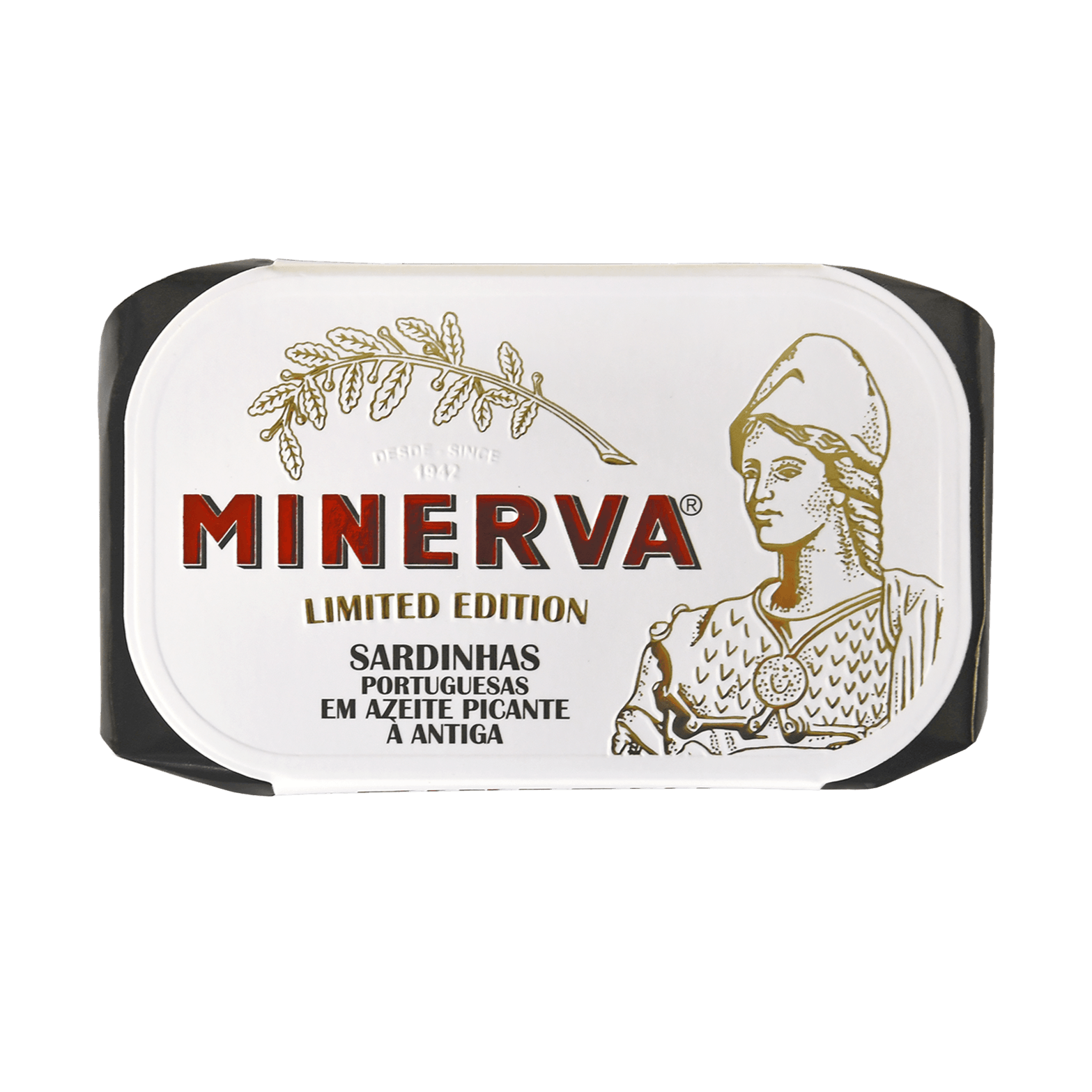
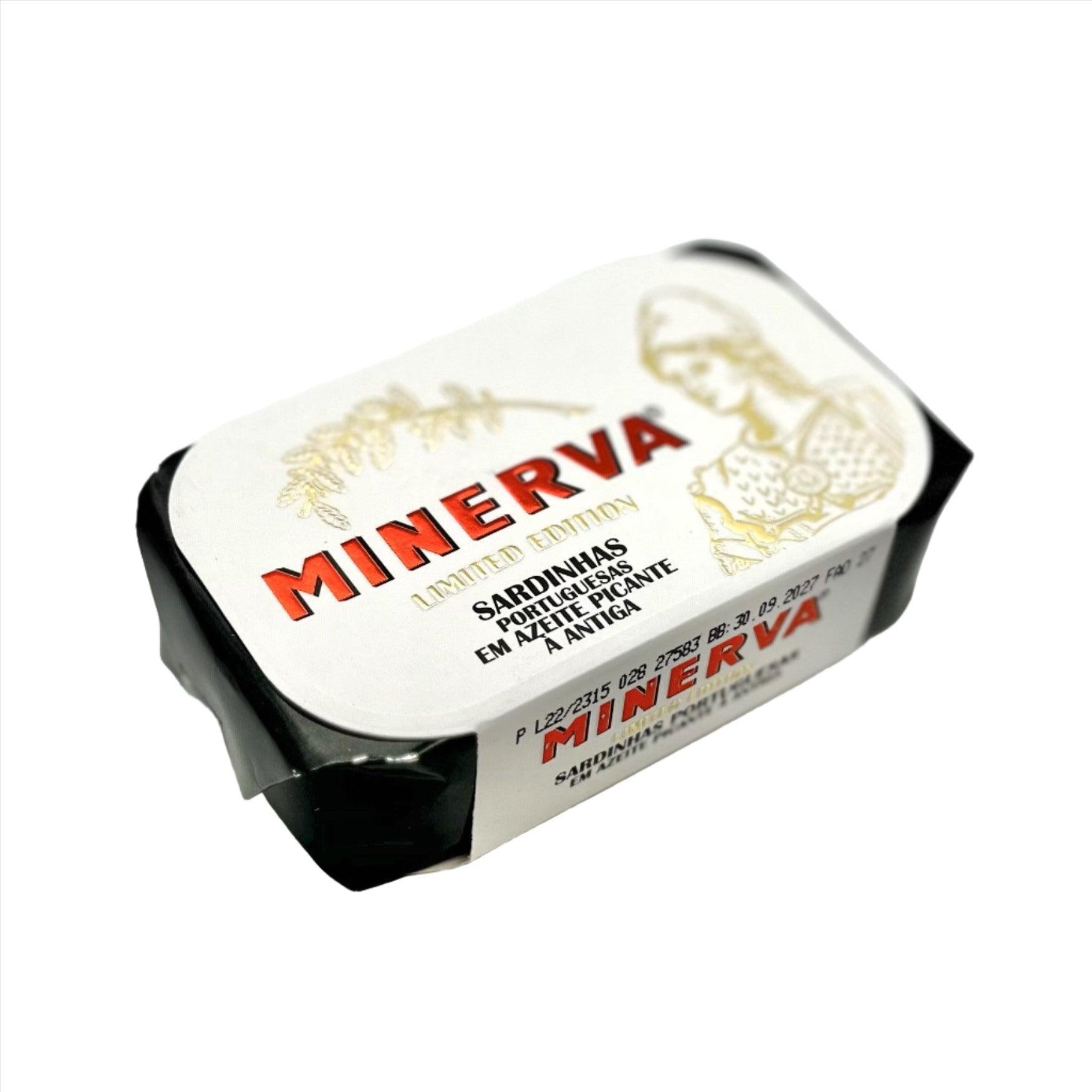
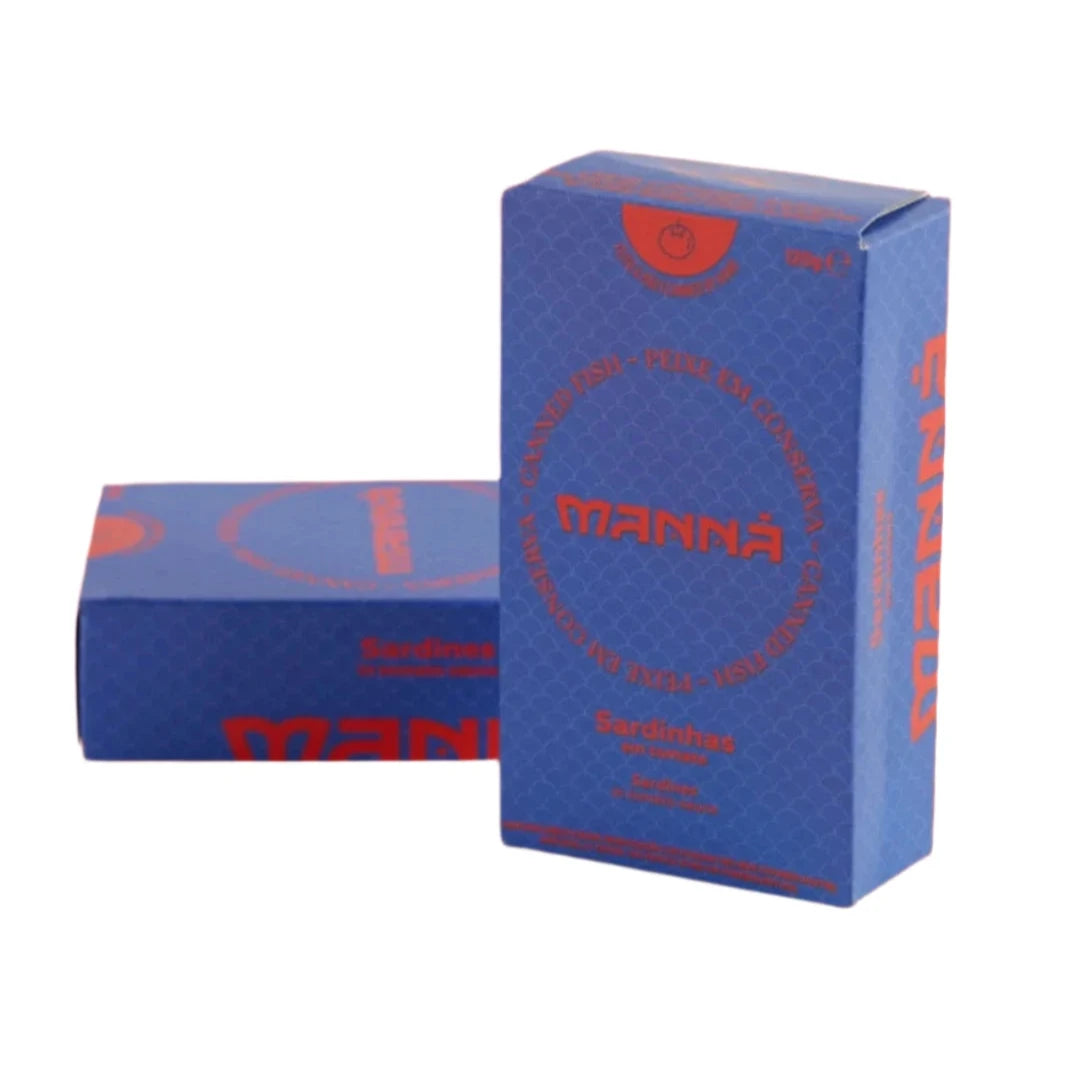

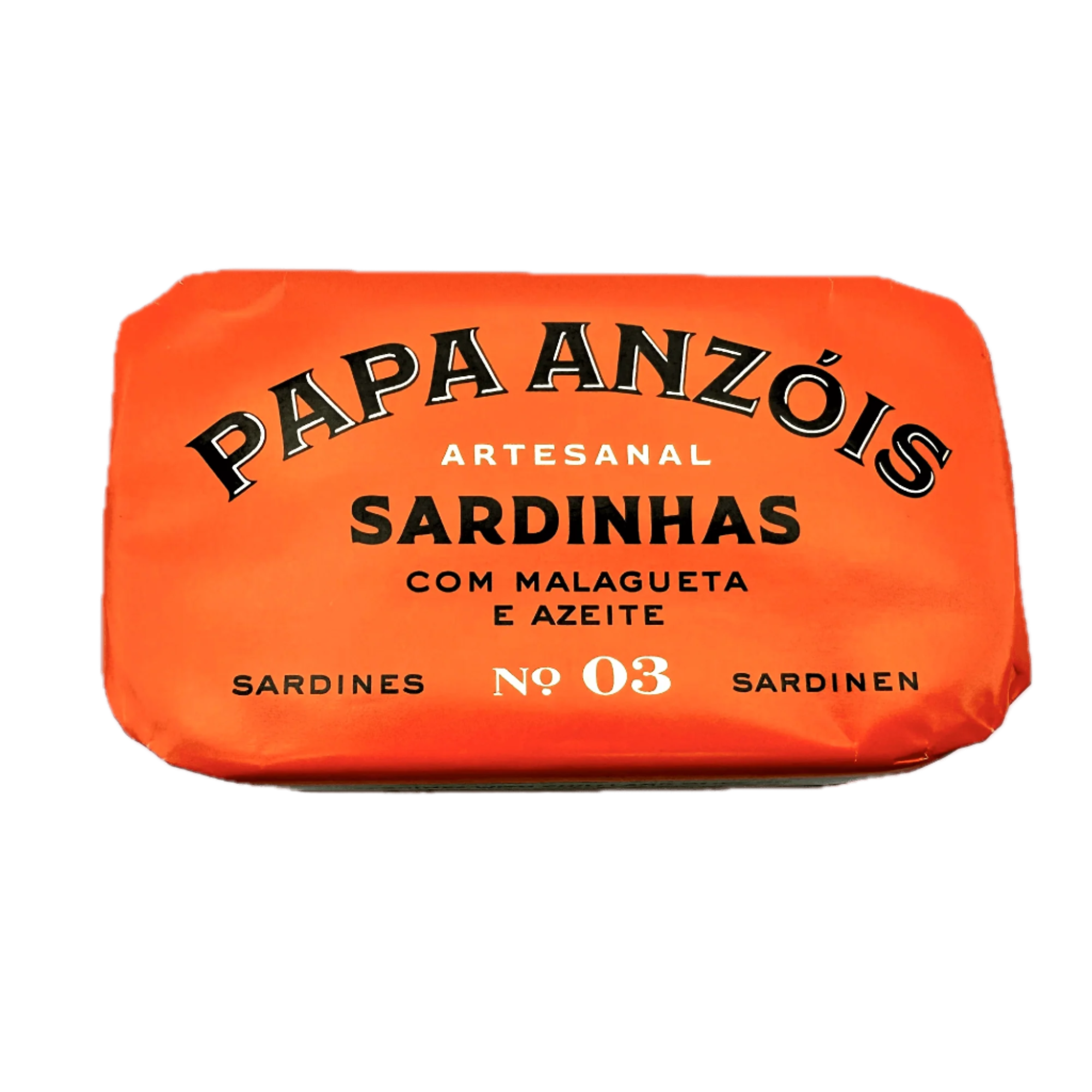
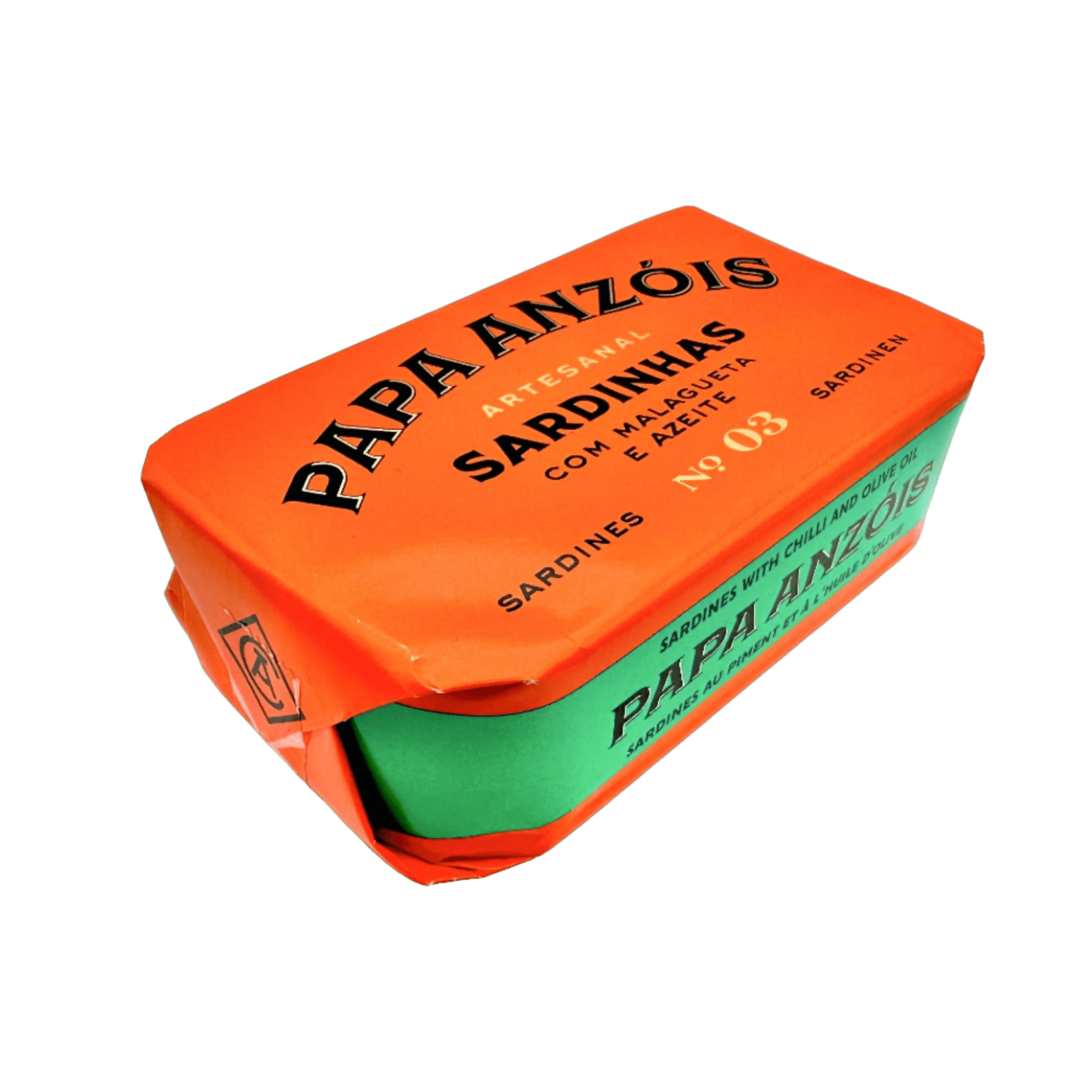
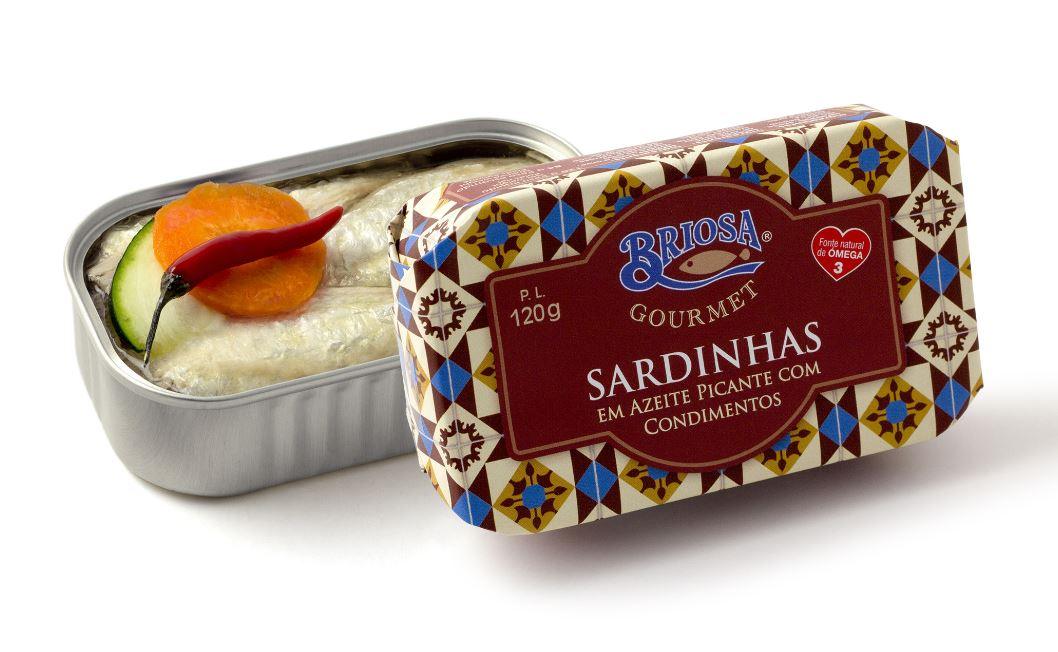
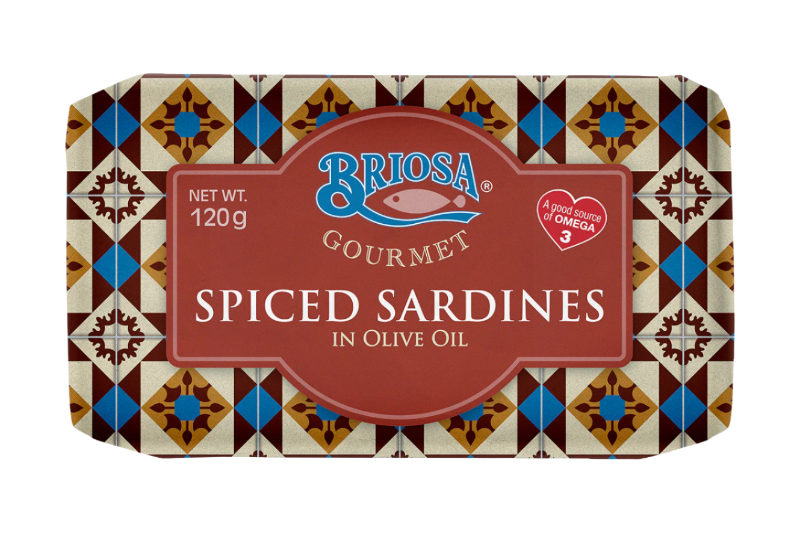

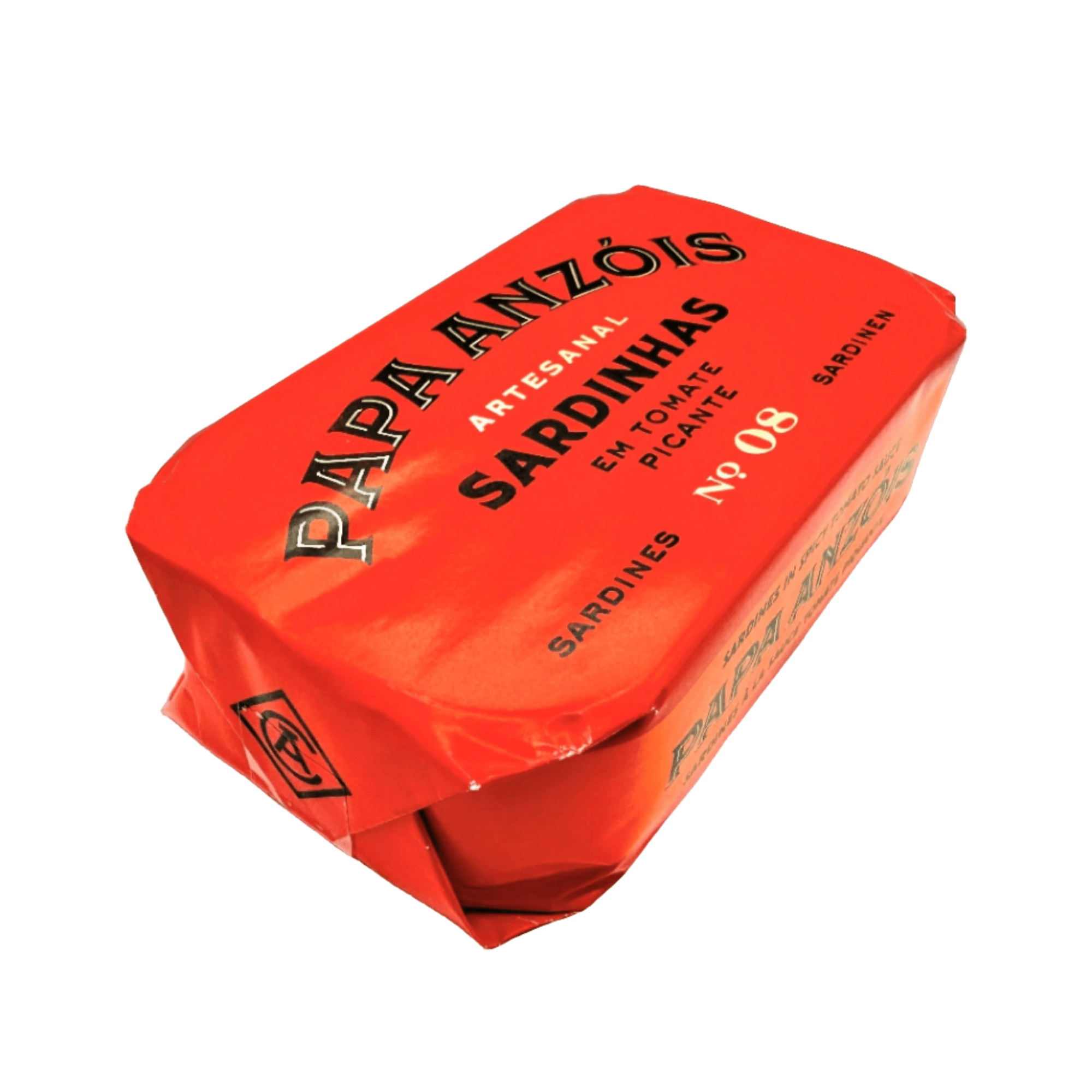
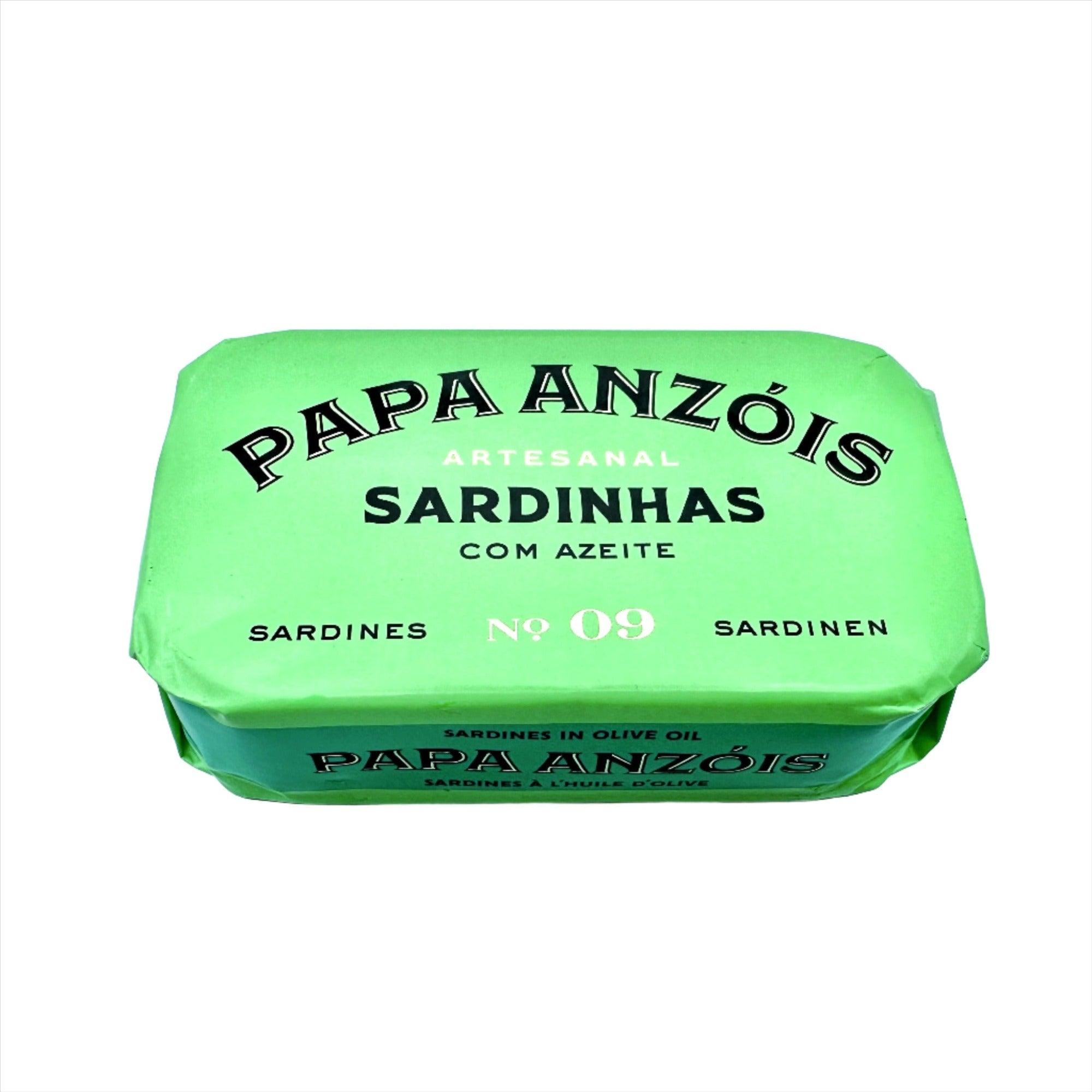
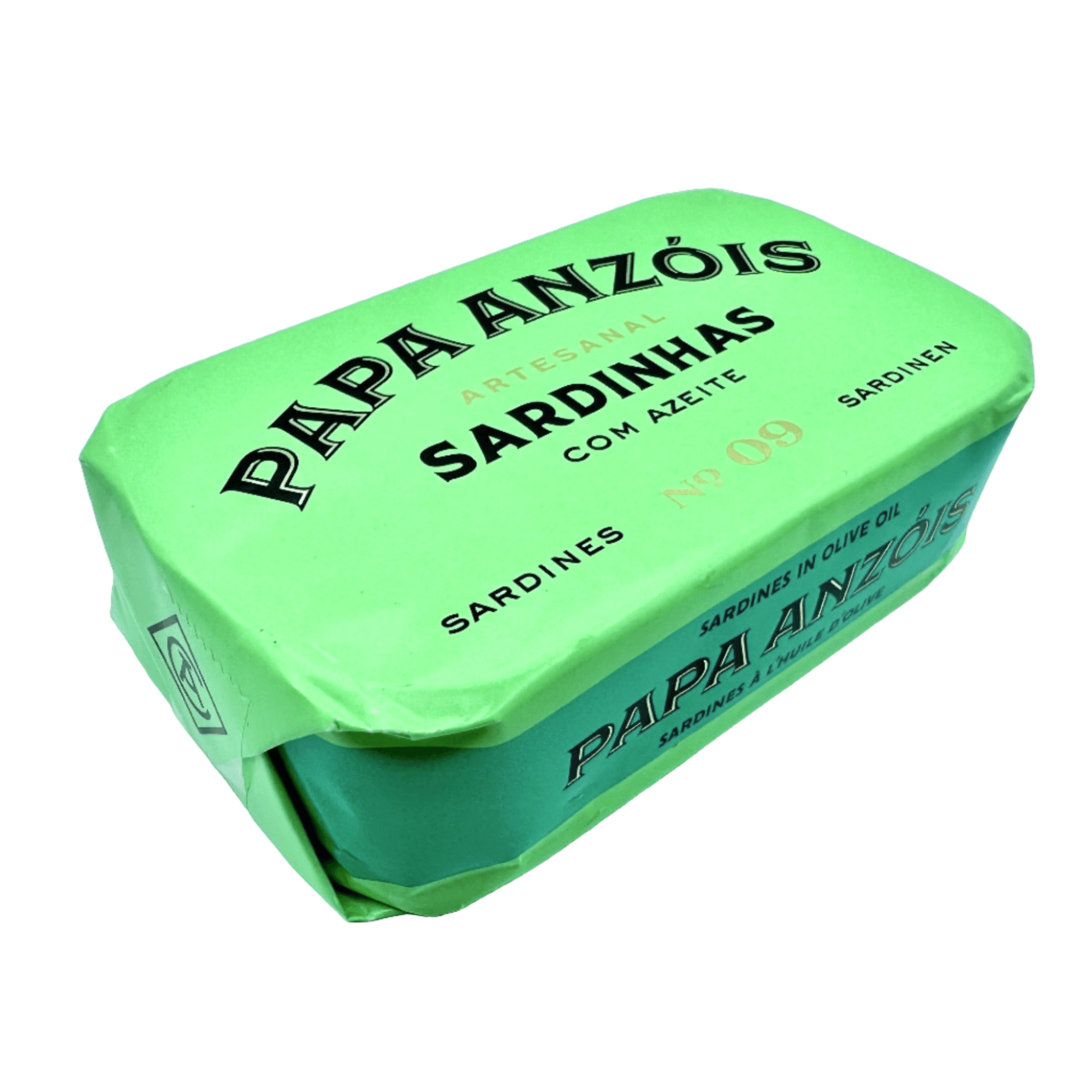
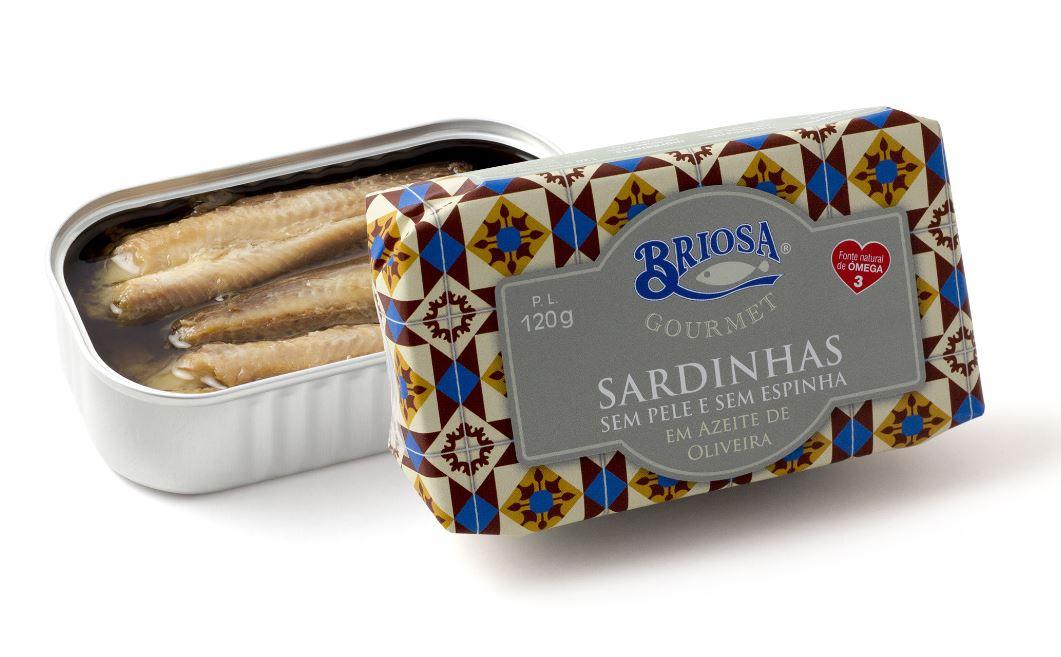
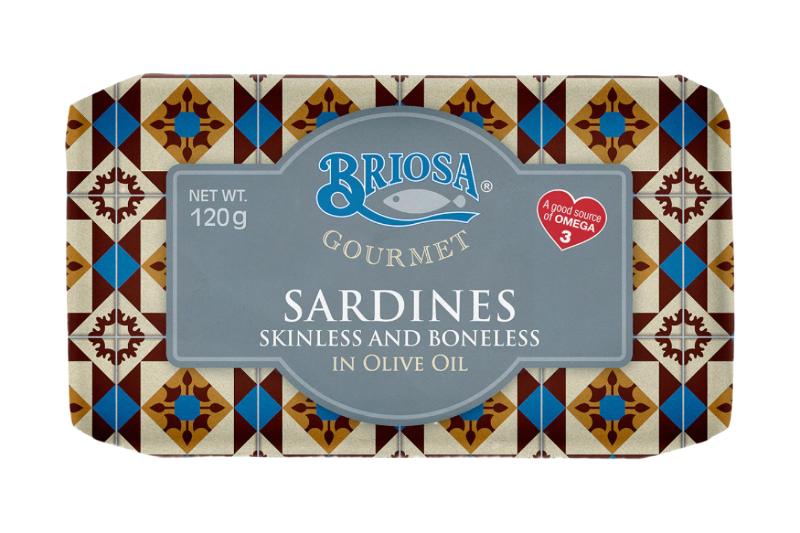


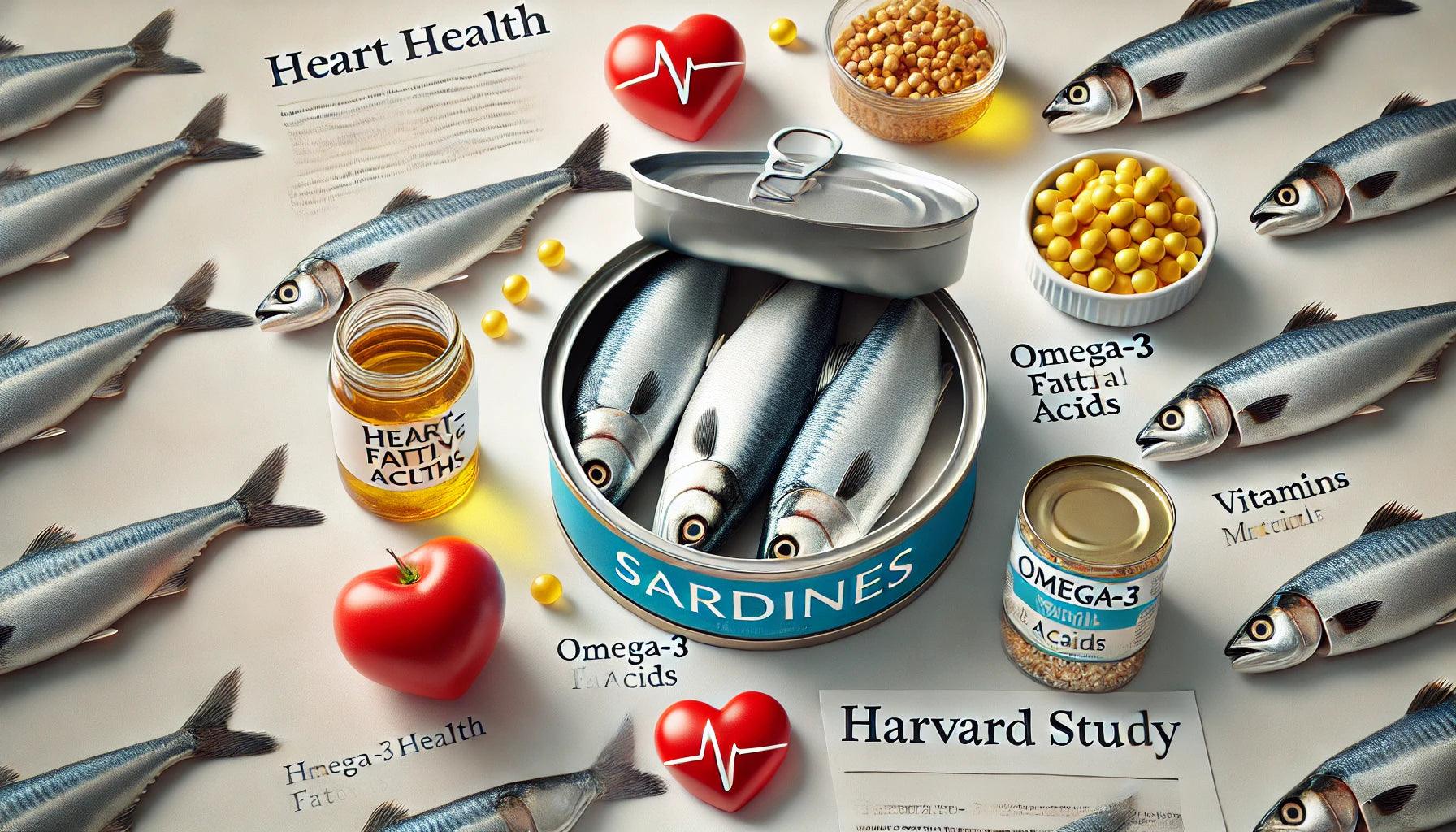
Leave a comment
This site is protected by hCaptcha and the hCaptcha Privacy Policy and Terms of Service apply.